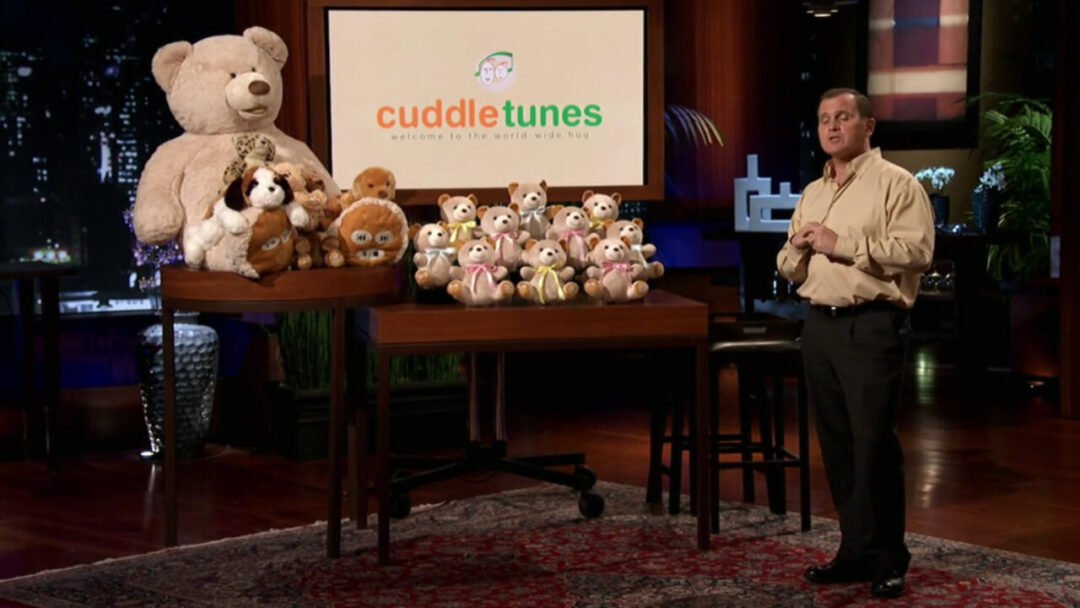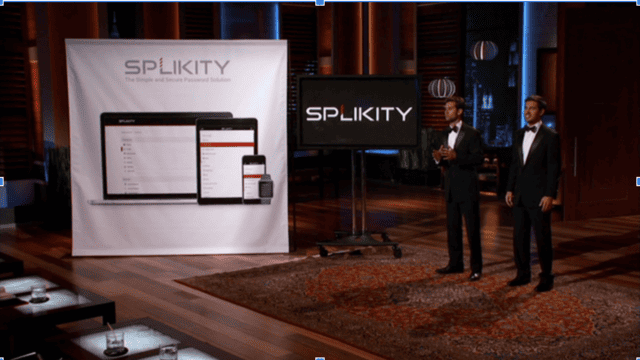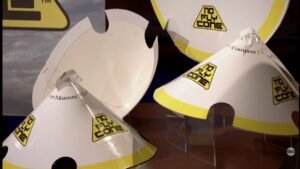Let’s get one thing straight: just because you land a deal on Shark Tank doesn’t mean you’re set for life. I’ve watched too many starry-eyed founders think the pitch is the hard part. Truth is, the real work starts once you leave those bright studio lights. Bee Free Honee? This was a product with big heart, big hype, and a lesson every entrepreneur should understand — winning on TV doesn’t mean you’ll win in the aisles.
Contents
ToggleBee Free Honee Enters Shark Tank
Melissa Elms and Katie Sanchez walked into Shark Tank during Season 7, episode 21, with an idea that hit all the right notes for a modern consumer. Their play? A vegan, apple-based alternative to honey. The pitch wasn’t just about another sweetener on the shelf; it was about saving bees, helping vegans, and offering something clever in a market begging for disruption.
The producers of Shark Tank aren’t dumb. They want drama, but they also want founders who can back it up with real grit and innovation. Bee Free Honee had a story. Two founders with a cause. A kitchen mistake that turned into an aha! moment. A sharp mission: let the bees rest, let people eat sweet.
That combo of relatable founders, a clear mission, and a buzzy product made this pitch TV gold — and it caught the Sharks’ attention hard.
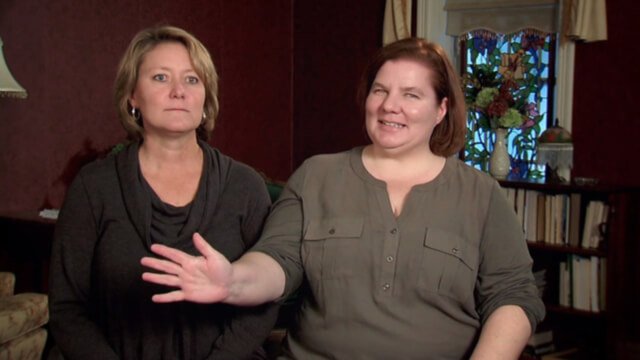
What Makes Bee Free Honee Different
Forget just another honey bottle with a new label. Bee Free Honee stood out by flipping the script. Instead of relying on bees, which takes about 60,000 of them to make a single pound of honey, Melissa and Katie made their sweetener from good old American apples, plus lemon juice and cane sugar.
Why did that matter? If you’re vegan, honey is off the menu. If you care about declining bee populations, you know industrial honey production is rough on hives. And let’s face it: everyone likes a stunt product that genuinely solves a food problem.
This wasn’t some copycat move. It had the Bombas effect — selling a product and a purpose. Whole Foods let them into nine regions. Even Costco was interested. The right blend of mission, taste, and branding. You want another bland food startup, look elsewhere. Bee Free Honee was actually shaking up an aisle.
Shark Tank Pitch Details
Now for the numbers — because numbers don’t lie. Bee Free Honee came in asking for $110,000 in return for 10% of the company. That set their original valuation at $1.1 million. Bold, but not unthinkable if you’re about to blow up in retail.
Sales? $104,000 to date, with $78,000 in year one. That momentum is rare for a niche grocery product. And their shelf presence wasn’t just regional co-ops — we’re talking Whole Foods, one of the toughest doors to crack. Plus, a test at Costco. You don’t get that without real hustle.
The Sharks — Mark Cuban, Barbara Corcoran, and Chris Sacca — circled quickly. Mark, especially, likes a big vision and a weird disruption play. The vegan angle alone got a reaction. They asked tough questions about margins, sourcing, and whether this could really move outside the green crowd.
Net Worth and Valuation After the Tank
So what was the company actually worth after the Shark Tank confetti hit the ground? The founders ended up closing a deal: $110,000 for a combined 30% stake — slicing their initial ask by two-thirds. That put Bee Free Honee’s post-deal value at $366,666.
Was that a fair deal? Honestly, yes. They weren’t making big money moves (yet), and retail, especially food, eats margin alive. The founders gave up more equity than they wanted, but it got them in bed with three of the most high-profile Sharks. Sometimes you take a haircut to get the distribution and ops you desperately need.
People love to talk big numbers, but the real valuation is what someone will pay. Right after the show, Bee Free Honee was worth exactly what the Sharks bought it for. Not a penny more.
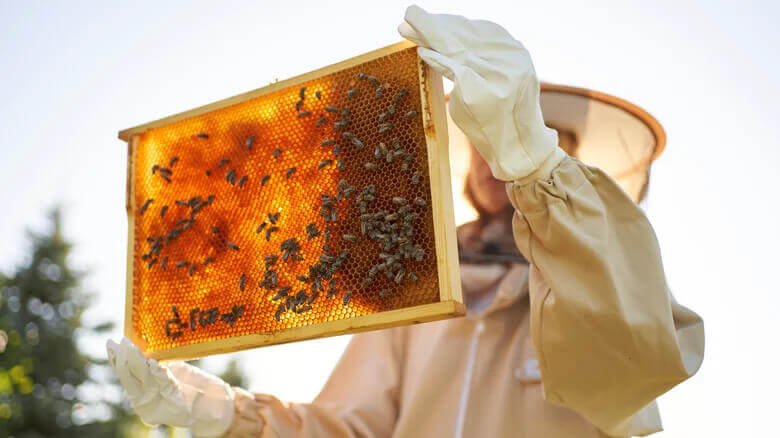
The Deal: Who Invested and Why
Mark Cuban, Barbara Corcoran, and Chris Sacca — three pretty different Sharks — saw enough promise here to go in together. Why the trio? Simple strategy. You need Cuban’s muscle for scale, Corcoran’s retail contacts, and Sacca’s savvy in branding and trends.
Their theory made sense. Vegan food was exploding. If a vegan honey could sit in Whole Foods and Costco, you’d have a food revolution in a bottle. And the founders? They were grounded, not greedy. Too many times I’ve seen founders overvalue paper promises. These two? They knew their ceiling and cashed in Shark goodwill for smart equity partners.
This was a let’s split the risk, crank up production, and blow it out coast-to-coast move. It isn’t flashy like the Scrub Daddy play — it’s more tactical, more operational.
What Happened After the Show
Let’s skip the fairy tale version. Bee Free Honee got the post-Shark Tank buzz. They hired staff, ramped up manufacturing, and grabbed more shelf space. Whole Foods went from a few regions to most of the country. Costco did its test orders. PETA called them a hero brand. Every vegan food blog cheered.
But here’s the thing: the stocking game ain’t the same as the selling game. More stores means more headaches. You need logistics, consistent production, and ruthless financial management. Bee Free Honee quickly bumped into scale problems — the stuff business textbooks only hint at.
Was their product good? Yeah, it actually tasted like honey. But the grocery world runs on availability, timing, and razor-thin margins. Every founder I know has had sleepless nights over missed purchase orders, late deliveries, and cash flow panic. These two were suddenly in that ring, facing heavyweight problems.
Why Bee Free Honee Shut Down
So, why did Bee Free Honee ultimately go out of business, even after getting that rare Shark Tank triple-win? Manufacturing. Operational scale. The grind of turning a feel-good story into a sustainable company.
Let’s call it what it was: production headaches. You want to move from 5,000 bottles to 500,000? The equipment changes. The quality control nightmare sets in. Margins shrink. Suddenly, one bad run, one missed shipment, and you’re burning cash. By 2019, Bee Free Honee was done. Shelves were empty. No comeback. No sale to a bigger conglomerate.
Every founder says, We just need the exposure. What they really need is ironclad operations, or the market eats them alive.
Lessons for Entrepreneurs
Here’s the street-level wisdom, no sugar added.
1. Exposure is gasoline, not the engine. National TV and a Shark deal are just fuel. If you can’t run the business itself, you’ll crash and burn.
2. Control production before you chase scale. Bee Free Honee is textbook grow fast, break down faster. If your factory can’t handle big chain orders, slow down and fix it first.
3. Purpose sells — but the product must win on taste, price, and logistics. These founders nailed the mission. But you can’t live on mission alone.
4. Don’t get cocky with valuation. Elms and Sanchez knew to take the deal when the time was right. Too many would’ve held out and lost big.
5. Partnerships only work if everyone adds real value. It’s not about how many Sharks are with you — it’s what doors they open.
6. Cash flow kills. The bigger the retail dream, the worse it gets. Know your numbers and keep liquidity front and center.
I’ve seen plenty of brands ride a Shark Tank cameo for six months, then fade. If you want the long money, plan for the grind, not the glory.
Final Thoughts
So, what’s the Bee Free Honee legacy? Candy for the press, heartbreak for the founders, and a case study for every food entrepreneur with stars in their eyes. They moved the needle for vegan options, and yes, they showed you can get three Sharks if your pitch is tight and your mission is real.
But when it came to pure operational muscle, scaling, and survival? The vision outpaced the grind. That’s the real story — and the reason you’re reading this on SharkWorth, not in line to buy a bottle.
Bottom line: Bee Free Honee proves you can have investors, have hype, have customers draw hearts on Instagram. Until you master the boring, brutal side — manufacturing, supply chain, cash flow — you’re just another viral product with a ticking clock.
If you’re building your own food startup, ask yourself: can you handle what happens after the Will you accept our offer? screen fades to black? Because that’s the only question that matters in the game.
FAQ
1. Is Bee Free Honee still in business?
No. The company closed down and the product isn’t for sale anywhere.
2. Did the Shark Tank deal actually close after filming?
Yes, Mark Cuban, Barbara Corcoran, and Chris Sacca closed the deal at first.
3. Why did Bee Free Honee fail after the Shark Tank boost?
Reality check: operational and production issues while scaling up, plain and simple.
4. Can I buy Bee Free Honee anywhere today?
Nope. It’s gone from online and stores. No comeback news.
5. What was Bee Free Honee’s highest valuation?
About $366,666 after the post-Shark Tank deal.
6. Who actually made money from Bee Free Honee?
Chances are neither investors nor founders pocketed big profits. The scale never hit payoff levels.
7. What can startups learn from Bee Free Honee’s journey?
Initial buzz and money are nothing if you can’t scale and manage operations.
8. Were there plans for a relaunch or acquisition?
No public sign of a comeback or anyone buying up the brand.
Brought to you raw and real by SharkWorth — giving you what’s real, not just what’s on prime time.


